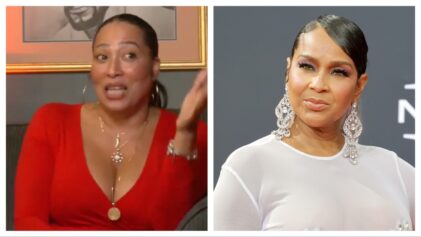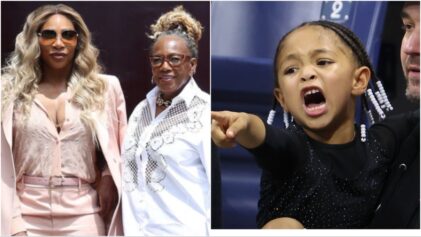It’s the dawn of Black television.
From “Scandal” to “Being Mary Jane,” from “Sleepy Hollow” to “NCIS: Los Angeles,” Black faces are lighting up television screens in an unprecedented fashion. This sentiment was recently expressed by writer Renee Graham in a piece in Artery.
Black people no longer have to scour the channels to find someone that looks like them as they did in the past, when Jet magazine would list every on-air appearance of big name African-American actors on its back page.
Two of the highest rated shows on ABC, “Scandal” and “Grey’s Anatomy,” are both written by and feature a strong Black woman, in a more real way than any other television show has in the past. Creator Shonda Rhimes allows the Black woman to evolve on television in a way that reflects real life more than any of their one-dimensional depictions of the past. Her Black women win, lie, deceive, love and learn. They take off their weaves and lashes a la Viola Davis in “How to Get Away with Murder.” They are real people and not just supporting characters to the larger plight of their white counterparts.
Shows like Rhimes’ and the new series “Black-ish” which follows an upper-middle-class Black family, are a far cry from the findings in the 1992 documentary “Color Adjustment,” which explored primetime TV representations of African-Americans. Marlon Riggs concluded that television shows of the time “denied the full complexity of our humanity and our experiences as black people in America so that only certain kinds of characters are allowed to perform on television, only certain kinds of stories get told.”
Rhimes said that she strives to break the “only one rule” in an interview with NPR. The “only one rule,” meaning that when shows have only one woman, only one black character, only one Asian person or only one gay character, that character is typically only defined by that characteristic and their storyline seems to center around that. Rhymes said that she hoped that just by having more than “only one” on her shows, she is giving those characters room to develop and to have other things about them be important. She hopes that “by consciously increasing diversity overall she makes the race of each character less limiting, less defining.”
With writers like Rhimes, Kenya Barris of “Black-ish,” Janine Sherman Barrois of “Criminal Minds” and Mara Brock Akil of “Becoming Mary Jane” and “Girlfriends,” this new generation of dynamic Black characters doesn’t seem to be slowing down anytime soon.

